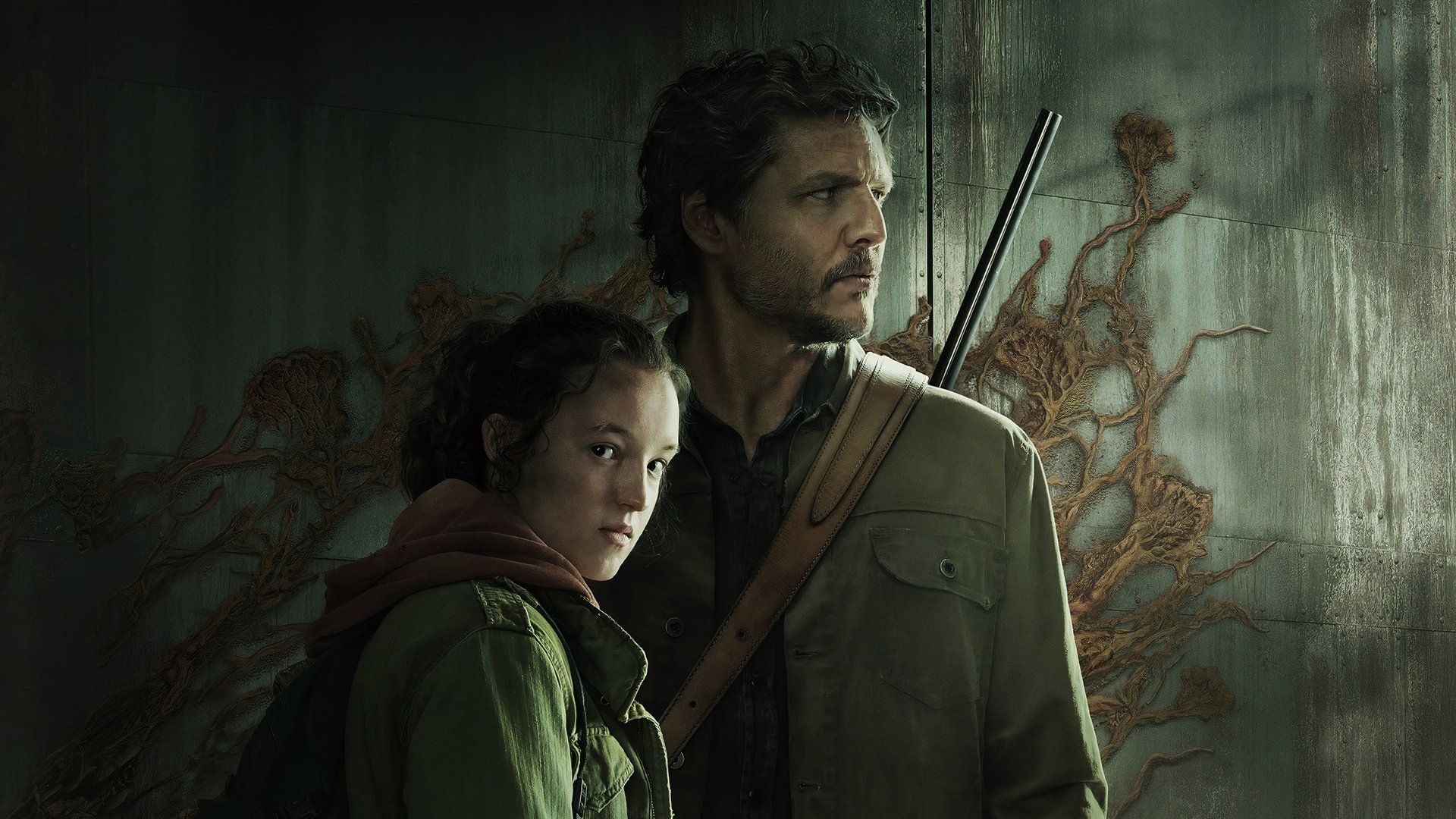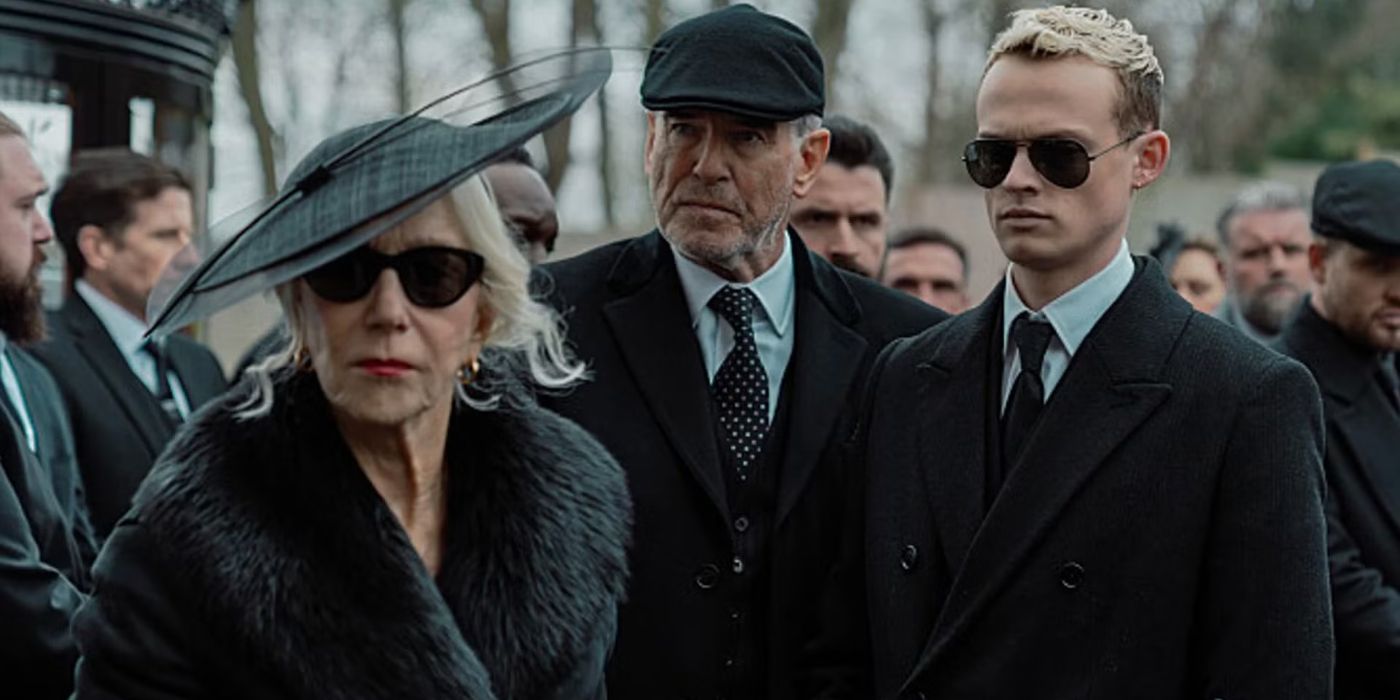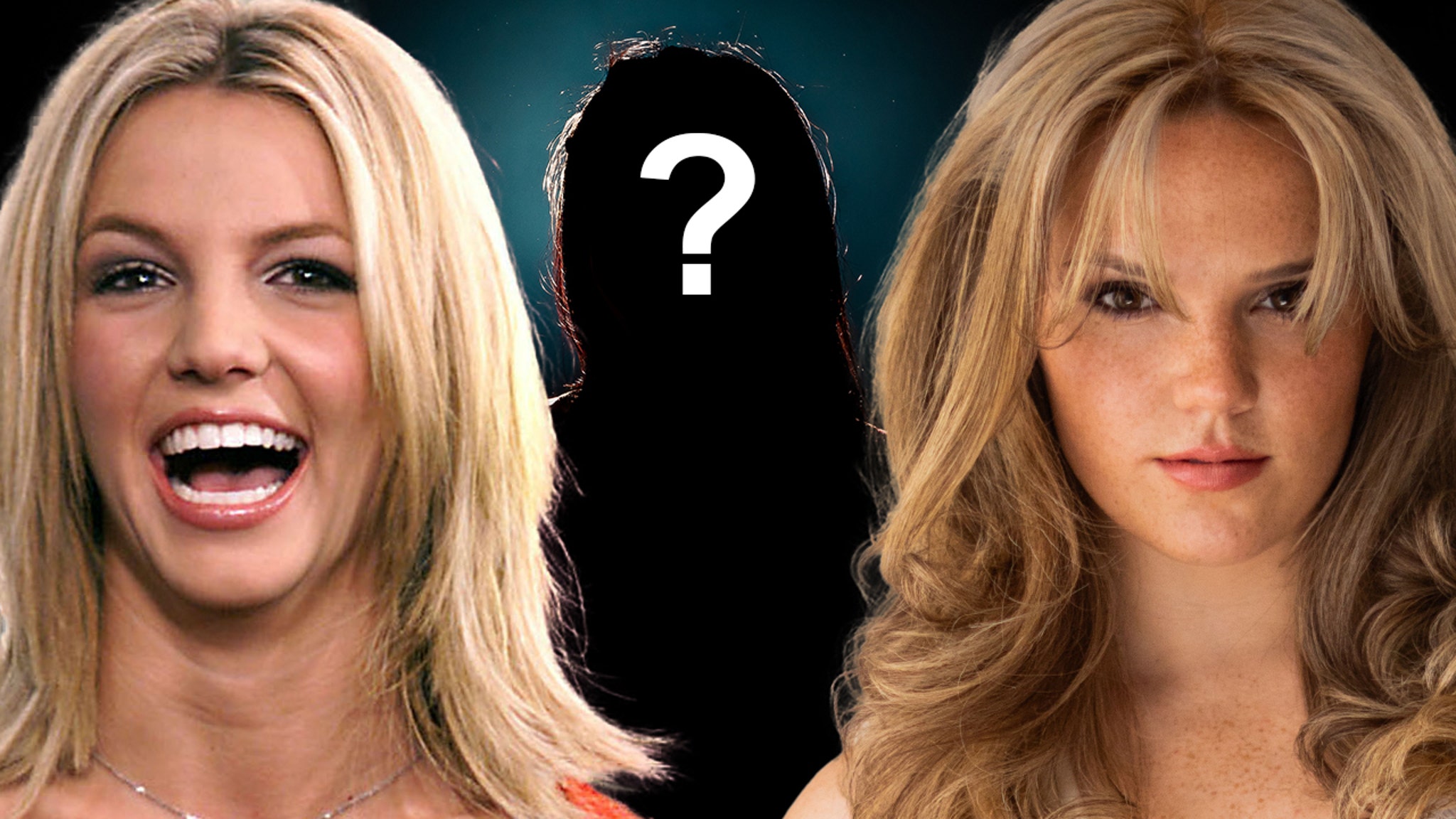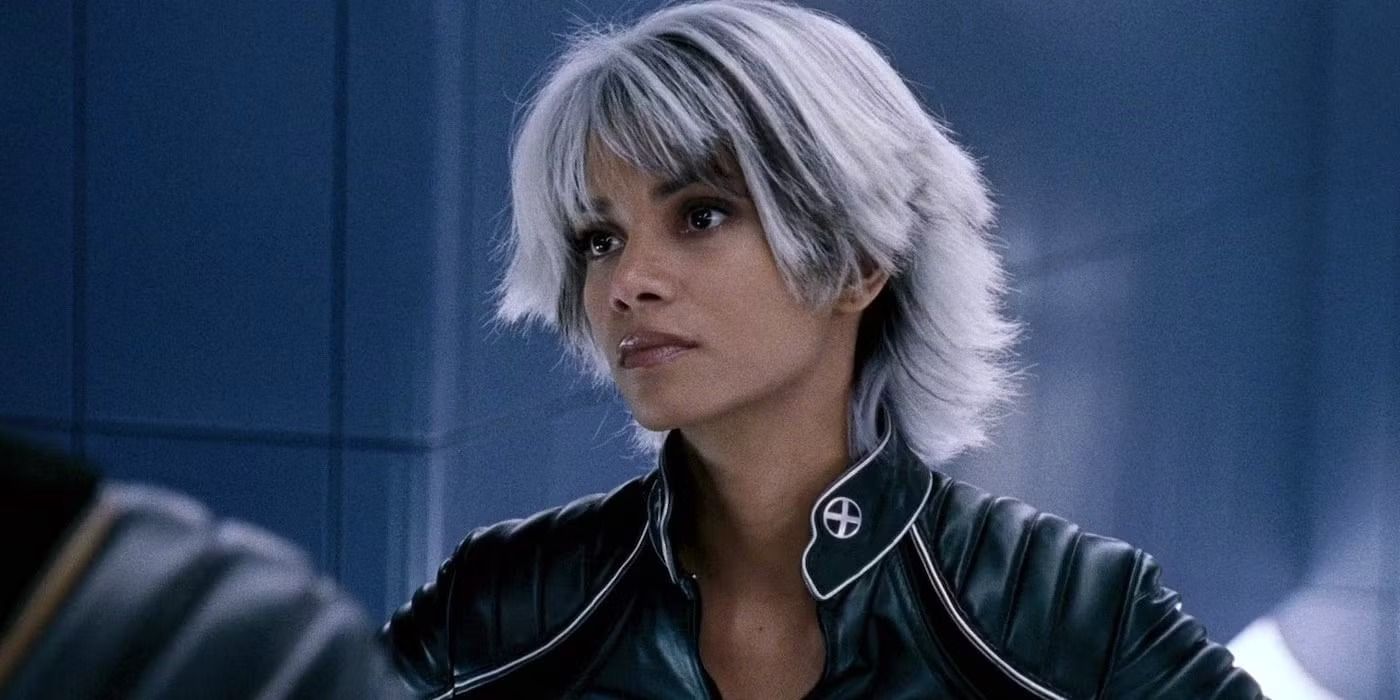The Midnight Madness program at the Toronto International Film Festival is always one of the most popular, premiering major films like David Gordon Green’s “Halloween” alongside independent genre flicks from around the world. While the electricity of actually being in the room as a new horror hit unfolds is impossible to replicate at home, two of the best films I saw in my virtual TIFF experience this year were from the Midnight Madness program, and there’s a third that I suspect will get a lot of attention when it inevitably drops on Shudder a few months from now.
The best of the lot is Kate Dolan’s riveting “You Are Not My Mother,” as confident a feature debut as I’ve seen all year. The Irish writer/director weaves teen angst and mental illness into an updating of a classic Irish folk tale about changelings and doppelgangers. With fantastically committed performances and a deft management of tone, it’s one of the better genre films of 2021.
Hazel Doupe is phenomenal as Char, a reclusive young woman forced to deal with increasing bullying at school by a group of mean girls. As if that’s not bad enough, something is very wrong with Char’s mother Angela (Carolyn Bracken). The dialogue hints at a history of mental illness, and it feels like mom is about to dip into another severely depressive cycle when she just up and disappears. Just as quickly, she returns … but not quite. Something is wrong with mom.
The center of “You Are Not My Mother,” as Char comes to realize that Angela is living up to the title of the film they’re in, is perfectly calibrated, building tension with each passing scene. My concern was only that the final act couldn’t possibly pay off this tension (a common problem in debuts), but Dolan nails it, ending her film in a series of unforgettable scenes. Her tone management is remarkable, but the film doesn’t work without the complete commitment of Doupe. She is just terrific in portraying the spiral of a girl dealing with the mundane awfulness of being a teenager, and something else unimaginable at the same time.
A similar confidence elevates the intense atmosphere of Arsalan Amiri’s excellent “Zalava,” a film that also embeds cultural folklore within modern horror devices. It’s a story of the complexities of belief as much as it is a traditional tale of possession. Amiri’s visual sense, along with a surprising streak of dark humor, keeps it humming from first frame to last. I’m also always a big admirer of when a horror director can make a mundane object terrifying and, believe it or not, chills will go down your spine with a close-up of an empty glass jar.
You see that jar may contain a demon. In a village named Zalava in the northwestern section of Iran, the people are terrified of an ancient demon that they have devoted their lives to keeping at bay. They perform ceremonies, including bloodletting, and call for the expertise of a shaman named Amardan (Pouria Rahimi Sam), who uses the jar to contain the demon. A visiting Gendarmerie sergeant named Masoud (an excellent Navid Pourfaraj) thinks it’s all nonsense. His belief is that Amardan is profiting off the fear of the villagers. He might be right. He might be wrong.
“Zalava” smartly plays with issues of dominating forces who don’t understand the history and culture of the places they dominate. It’s not accidental that Amiri sets his film in 1978, just before the Iranian Revolution, giving it a backdrop of distrust and rising tension. Amiri allows the question of whether or not Amardan is a shyster or a miracle worker to hang in the air, letting the uncertainty work its way both into Masoud’s remarkable stoicism and our understanding of this place and its people. And he shoots his film with striking confidence, getting a lot of mileage out of strange framing, forced POV, shadows, and, yes, close-ups of a terrifying glass jar.
A very different kind of Midnight Madness experience unfolds in “DASHCAM,” the latest from Rob Savage, the director of the very clever “Host,” now on Shudder. Like that film, Savage proves he knows how to manage a forced perspective of modern technology with this entire movie unfolding from the vlog of an online personality who is as aggressively annoying as any character horror has seen in a very long time. Annie Hardy, a real YouTube personality, takes her real YouTube show Band Car to the world of horror, reportedly improvising this insane project across the countryside with Savage. The result is an abrasive experience, but I think it’s supposed to be. It’s about an awful woman who literally never stops vlogging as the world falls apart around her—so it’s kind of the most ‘20s movie yet.
On Band Car, Hardy drives around and improvises music, which is basically the set-up for “DASHCAM” too. Savage filters some funny comments from Hardy’s viewers on the left side of the screen with emojis popping up on the right as Hardy spews profanity and vitriol, some of it kind of anti-mask and MAGA (you’ve been trigger warned). Everything goes haywire when Hardy has to pick up a food delivery order and ends up with a passenger who clearly has something wrong with her.
A bit too much of “DASHCAM” consists of throwing the GoPro around the room and screaming, but Savage also finds times to slow down and provide his strongest imagery, like a mask getting bloody from the other side or a woman slowly descending into camera from above. Hardy’s schtick is annoying, but I admired both her and Savage’s commitment to the bit, even if I have no desire to ever watch it again.
You can view the original article HERE.





























